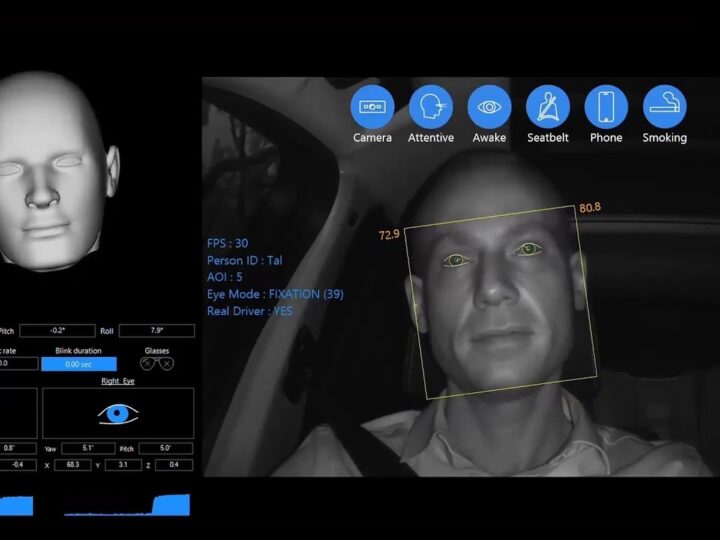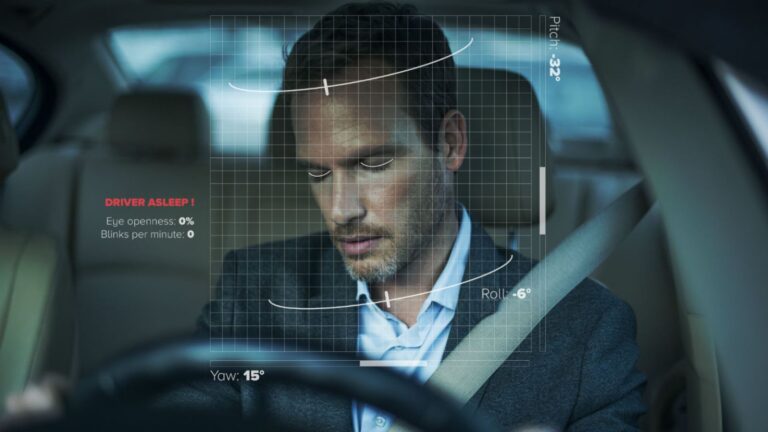Are you an anxious, cautious, dangerously irresponsible, angry or hostile driver? And how often do you use your cell phone while driving?
A new algorithmic system developed at an Israeli university can give drivers important feedback to assess their driving and talking-while-driving habits.
The app relies on smartphone sensors to collect data in real time while the user is driving, stores the data in the cloud and then analyzes it over time. The driver is presented with several outputs: classification of his or her driving style on a continuous scale; classification of the level of smartphone usage (non-user, passive, active) on a continuous scale; and feedback for a specific trip or for an accumulation of trips.
Ben-Gurion University (BGU) of the Negev associate professor Eli Rohn and six of his information systems engineering students developed this sophisticated app with several possible practical uses in mind.
The system could provide motor-vehicle authorities and automobile insurers a rare opportunity to reward young responsible drivers with added privileges, while better enforcing “young driver” regulations. It could be used by accident investigators, and it could identify and alert unsafe drivers before they are involved in an accident.
Addressing a pandemic
To verify the proof of concept and to assess the system’s accuracy, the students used the system in three different vehicles — a sedan, a bus and a motorcycle — with three different drivers. Test drives collected more than 10,000 driver events in urban, rural and highway environments.
They reported that the data collection portion worked flawlessly, including periods where data communication was interrupted. The maneuvering classifier and the cellphone-addiction classifiers proved reliable and accurate, as did the driver’s feedback mechanism.
The Israeli engineers say that reducing the number of times drivers text or surf the Internet while the vehicle is in motion could help fight a phenomenon that has become a pandemic.
According to the most recently available statistics, cell-phone use while driving is responsible for 23 percent of car crashes. Usage includes reaching for the phone, dialing, talking, listening and text messaging. Some 27% of American drivers admit that they text while driving, and one in five drivers confesses to web-surfing behind the wheel.
According to the US Centers for Disease Control and Prevention, 69% of drivers in the United States ages 18-64 reported that they had talked on their cell phone while driving within the 30 days before they were surveyed. In Europe, this percentage ranged from 21% in the United Kingdom to 59% in Portugal. In the US, 31% of drivers ages 18-64 reported that they had read or sent text messages or email messages while driving at least once within the 30 days before they were surveyed. In Europe, this percentage ranged from 15% in Spain to 31% in Portugal.
The BGU app was developed for Windows phones, but Rohn has applied for a research grant to continue develop the system on Android and iOS platforms. This is another step toward possible commercialization. Rohn, a research scientist and corporate executive originally from the New York area, is CEO and founder of the Originality Group, an Israeli startup dedicated to the development of algorithms and sales of services for detection of plagiarism in Hebrew, Arabic and other languages.

















